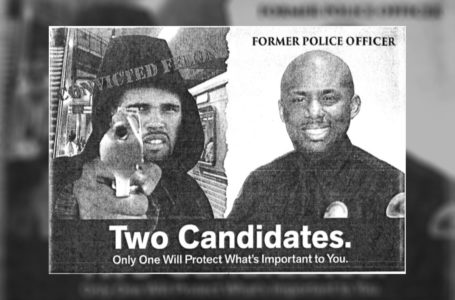Team goes after its former star in court after he walks out
Gamer fired first, claiming onerous contract in earlier suit
Like professional baseball and basketball before it, competitive video gaming is going through growing pains related to players’ contracts, revenue sharing and endorsement rights.
The highest profile case came in May, when one of the world’s most famous gamers, Fortnite player Turner “Tfue” Tenney, sued his team, claiming an onerous contract was illegally limiting his business opportunities.

Photographer: Sean Drakes/Getty Images
Now, the organization is fighting back. In a federal suit filed Thursday in New York, the FaZe Clan team is seeking damages for Tenney’s decision to walk out on his contract. It seeks millions of dollars — its share of winnings, appearance fees and sponsorship deals. The owners also want compensation for damaging comments and actions allegedly made by its former player.
The litigation is forcing players, owners and fans to choose sides in what is quickly approaching a $1 billion business. After Tenney sued, advocates for players argued that a lack of regulation and transparency allows team owners to take advantage of gamers early in their careers. Others sided with the owners, highlighting the support structure, risks and investment necessary to develop a bona-fide esports star.
FaZe Clan hoped to resolve the matter privately, according to Chief Executive Officer Lee Trink, but recently concluded a settlement was impossible.
“We had no choice,” Trink said in an interview. “It became impossible to move any type of resolution forward through our conversations.”
Multiple Games
“This is the first time in the history of esports that an organization has had the audacity to try and enforce contractual provisions that are so clearly illegal,”
Tenney’s lawyer, Bryan Freedman, said in an email.
FaZe Clan, one of the most popular franchises in esports, fields teams that play Fortnite, Call of Duty, FIFA soccer and other games.
Tenney was a relative unknown when he signed with FaZe Clan in April 2018, but quickly became the organization’s star. Now, one of the world’s most famous Fortnite players and streamers, Tenney’s YouTube account has over 11 million subscribers. He also has 5.8 million on Instagram.
He is the No. 3 most-followed streamer on Amazon.com Inc.’s Twitch, behind fellow gamers “Ninja” and “shroud.” No longer affiliated with FaZe Clan, he competed last week at the Fortnite World Cup in New York wearing a leopard print outfit.
The team’s countersuit claims has Tenney collected over $20 million since joining FaZe Clan, with much it owed to FaZe Clan under the contract. The team was seeking to work out a deal with Tenney and had collected just $60,000 when he walked out. The team is seeking the unpaid balance under the contract, an undisclosed sum.
| CONTRACT SPLITS | FOR TENNEY | FOR FAZE CLAN |
|---|---|---|
| Brand deals brought in by the team | 20% | 80% |
| Brand deals brought in by Tenney | 50% | 50% |
| In-game sticker/merchandise | 50% | 50% |
| Appearance and touring fees | 50% | 50% |
| Tournament winnings | 80% | 20% |
FaZe is also seeking damages for some of Tenney’s conduct over the last few months, which it says is a breach of contract. That includes making disparaging remarks about the organization and interfering with its relationships with businesses or other gamers.
Trink said there have been a few different sponsorship deals surrounding FaZe or its talent that were abandoned because of the negative attention surrounding Tenney’s lawsuit.
The franchise says it’s also trying to protect trade secrets, such as ways to create videos and engage on social media.
The case is FaZe Clan Inc. v. Tenney, 19-cv-7200, U.S. District Court, Southern District of New York (Manhattan).
(Updates with Tenney lawyer’s comment in seventh paragraph)





